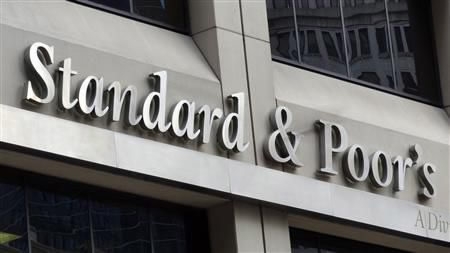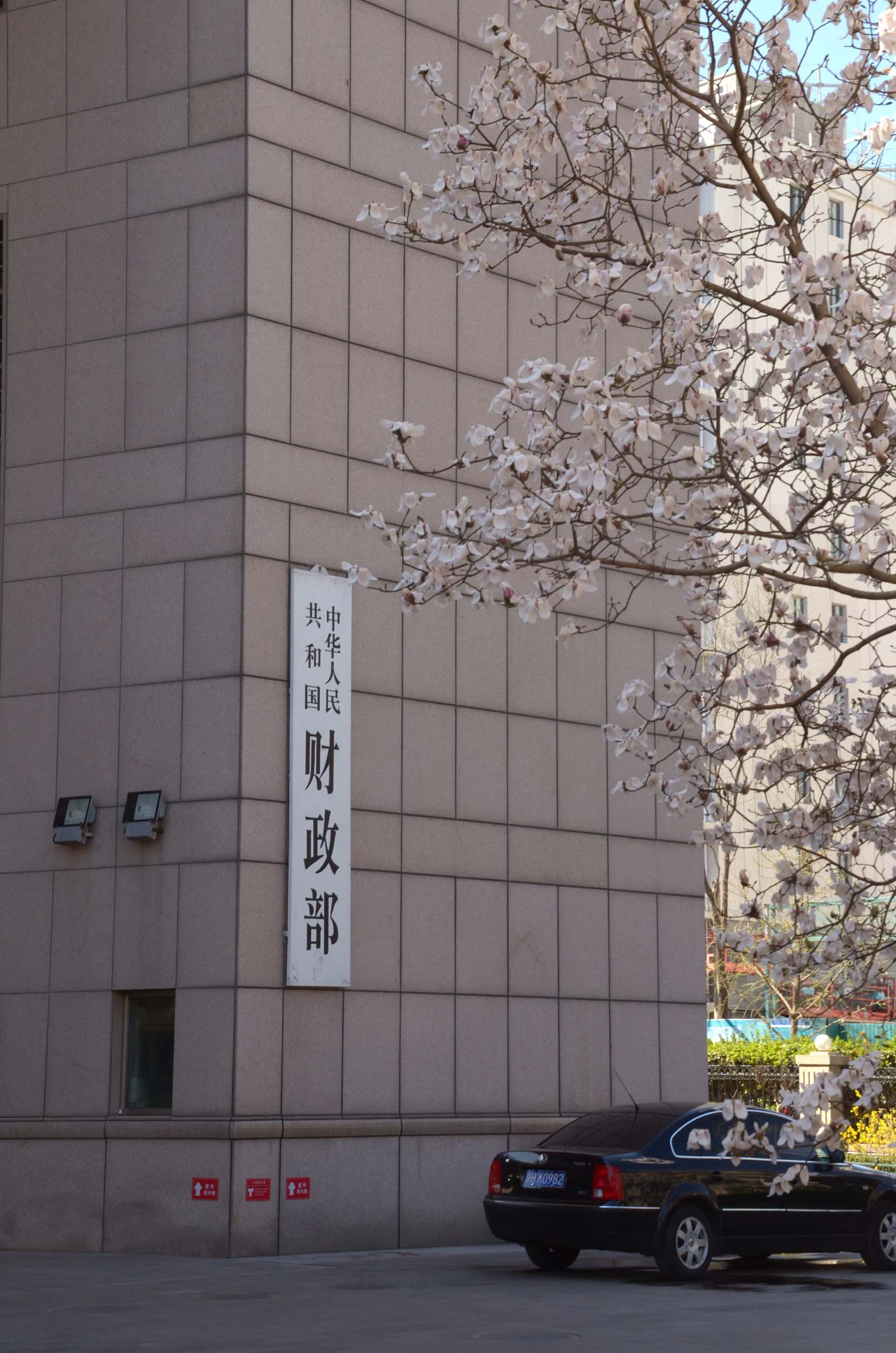
Business
10:31, 22-Sep-2017
China says S&P's downgrade 'wrong decision'
CGTN

China’s Ministry of Finance on Friday said S&P Global Ratings’ downgrading of the country’s sovereign credit rating was "a wrong decision" that neglects the country's distinctive financing structure, the wealth-creating effect of the government's spending and its support for growth, as well as the sound fundamentals and development potential of the world’s second-largest economy.
S&P on Thursday cut China’s long-term sovereign rating for the first time since 1999 to A+ from AA-, citing increasing economic and financial risks from years of credit-fueled stimulus.
"S&P’s focus on credit and debt growth is largely old talk," the Ministry of Finance said in a statement on its website. "It’s a pity that international rating agencies have been misreading the Chinese economy with their old mindsets and experiences gained from developed economies."

China’s Ministry of Finance /VCG Photo
China’s Ministry of Finance /VCG Photo
China is fully capable of maintaining appropriate credit growth, and the government’s efforts to fend off financial risks will ensure the stability of its financial system and its ability to support China’s real economy, according to the ministry.
China’s economy has maintained steady expansion in the first half of this year with GDP up 6.9 percent year on year.
China's forex reserves also rose for a seventh straight month in August, reflecting global confidence in the country’s economy, according to the ministry.
For the first eight months of the year, government spending increased 13.1 percent to 13.16 trillion yuan (2.03 trillion US dollars), while revenue increased 9.8 percent to 12.14 trillion yuan.
The statement also said S&P was legally wrong to count corporate loans in local government debt, as China’s Budget Law and Company Law clearly define the scope of local government debt and stipulate that debt of local state-owned companies should not be included in local government debt.
The downgrade was the second by an international rating agency this year, after Moody’s in May cut China’s rating for the first time since 1989.
The Chinese ministry called that move "absolutely groundless".
6km

SITEMAP
Copyright © 2018 CGTN. Beijing ICP prepared NO.16065310-3
Copyright © 2018 CGTN. Beijing ICP prepared NO.16065310-3